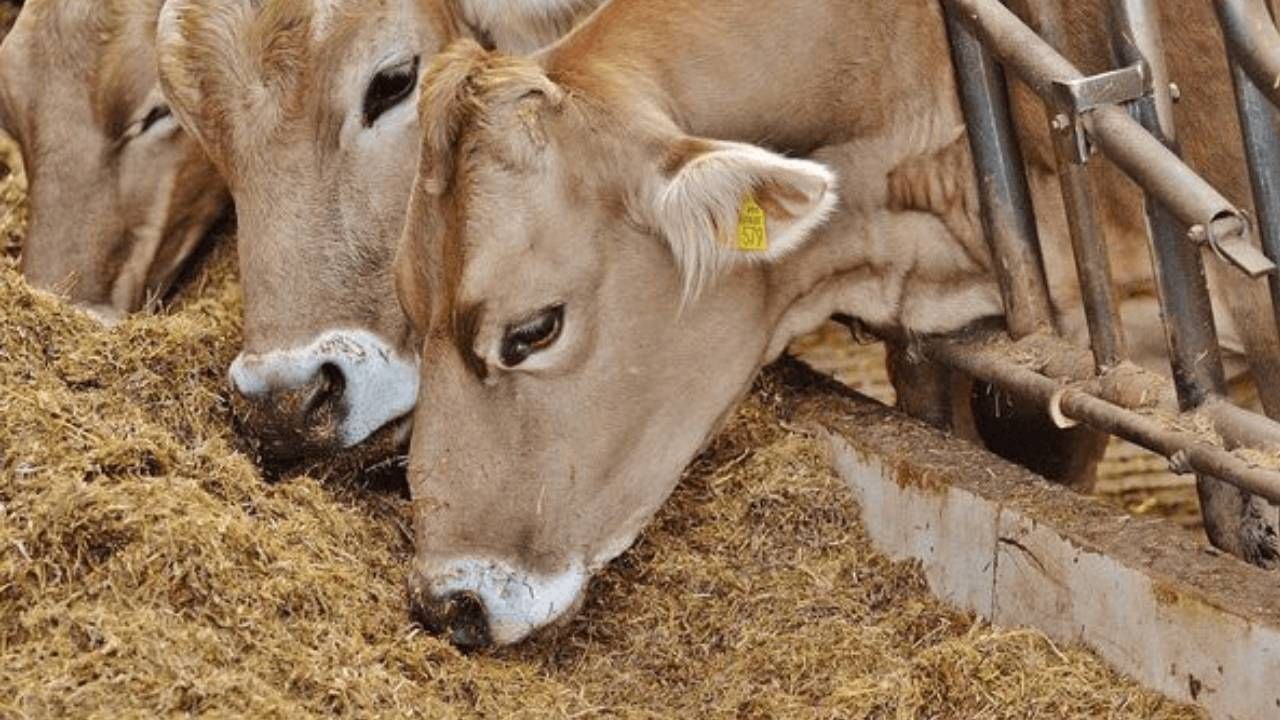Now India will bait from America for animals, what is the reason
Negotiations between India and the US towards a possible trade agreement have intensified, and in the same sequence, India may approve the import of some gene-propelled modified-GM from America. This concession is coming up at a time when India has so far opposed the import of GM Mecca (Corn) and Soybean.
According to sources associated with the case, India may agree on the import of some products that are used in animal fodder, such as soybean miles and distillers Dride Grains with Solubles (a bypractor of Corn-Based Ethanol). However, this information has not been made public yet.
India US trade deal
Officials of India and America are engaged in intense talks these days, so that an agreement can be reached before the deadline of July 9. America’s higher tariffs are going to be implemented from that day. Earlier this week, American Treasury Secretary Scott Besant had said that the two countries are very close to an agreement. The Ministry of Commerce and Industry of the Government of India did not immediately respond to the request for comment on this report.
India, which is the most populous country in the world, has not yet allowed import of GM maize and soybean nor has local farmers approve to grow them as food crops. Agriculture sector is an important part of India’s economy and farmers are considered a big voting block, so the government is cautious about imports so that domestic production and livelihood of farmers do not affect.
What is the matter?
At present, the government does not allow cultivation of GM food crops, even if such crops are helpful in increasing production. GM mustard commercial cultivation has been stopped due to a legal challenge in the country’s apex court, and in 2010 the government rejected the GM brinjal variety.
However, India meets about 60% of its vegetable oil demand through imports, including GM Soya and Canola Oil. Apart from this, India is the second largest cotton producing country in the world, and more than 90% of it is of GM varieties. Amidst the efforts of the trade agreement, India is probably considering allowing some limited GM processed products, especially for animal feed -related products. However, the vigilant policy of the country regarding GM food is still intact.
